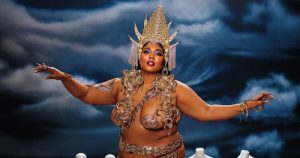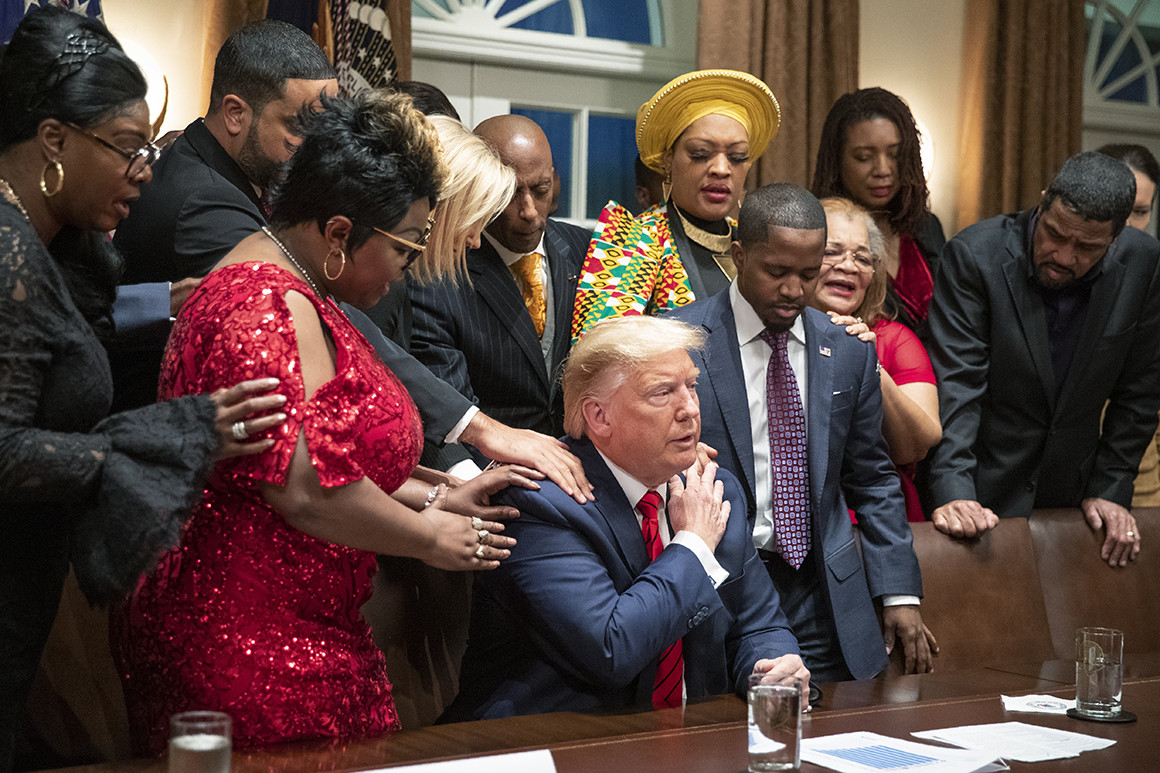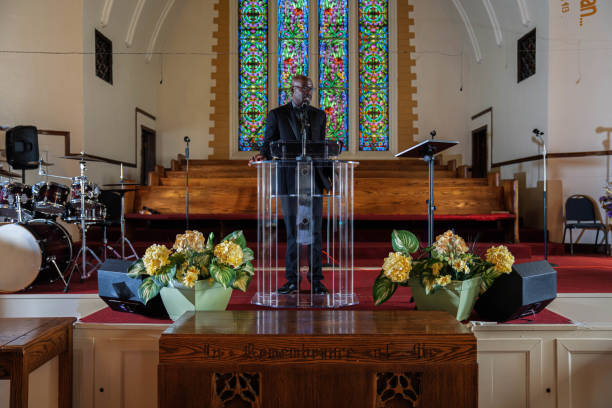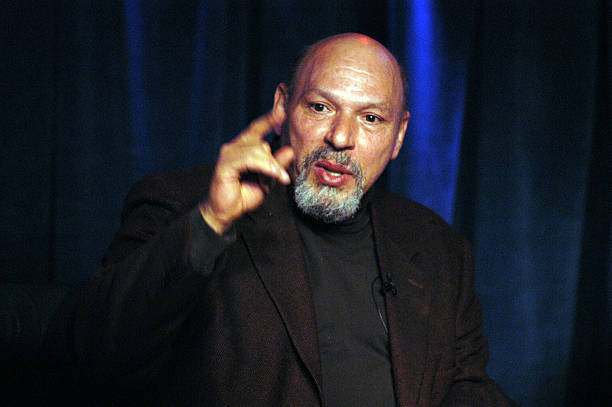(ThyBlackMan.com) Rapper/singer Lizzo recently quit a social media platform after a few instances of fat shaming and fatphobia comments made via Twitter. In what appears to be a short time, the artist has clearly reached superstar status to the ire of those who seem less successful. Lizzo was named Time magazine’s Entertainer of the Year, and her album “Cuz I Love You” won a Soul Train award for album of the year which peaked at #5 on Billboard’s Hot 200 albums charts also. She dominated the hip hop, pop, and R&B charts, curated attention grabbing performances at the BET, AMA, VMA, awards shows as well as Coachella. Lizzo is also nominated for nine Grammy Awards. The “Truth Hurts” singer landed the cover of British Vogue and starred in the critically acclaimed film Hustler along with Jennifer Lopez and Cardi B. These are outstanding accomplishments in my view, but haters are gonna hate. However on January 6, 2020, the “Good as Hell,” singer announced that she was taking an indefinite break from Twitter. American society has always placed an almost unattainable premium on beauty. Often with harmful results. In spite of her fame and success, others have used their opinions and criticisms in an attempt to derail a promising career. Fatphobia and fat shaming can be very damaging to its victims, and can shape how a person view themselves and the world.
According to Vitgie Tovar, fatphobia is a form of bigotry that equates obesity with inferiority, immorality, and ugliness. It has multiple dimensions, and moves from an inward feeling of worthlessness outward from the individual to others to our culture as well as the collective. “The stigma often leads to depression and anxiety, as well as decreased access to employment, friendships, romantic opportunities and a sense that one is not welcomed in wider culture,” she explains. Lizzo’s appearance at a Los Angeles Lakers game, where the singer twerked along with Laker cheerleaders to her hit song “Juice” wearing a bottom revealing thong, went viral. The performance was met with a lot of criticism from those in entertainment, the media and ordinary folks alike. It seems to have been caused national panic.
Evette Dionne with Bitch magazine tweeted that the scrutiny surrounding Lizzo stems from the fact that she dares to transgress whatever boxes fat people are supposed to be confined in – arguing that professional cheerleaders are typically half dressed when performing at sporting events. The general public viewed Lizzo’s outfit and behavior as indecent, because of the body she exists in. Fellow rapper/singer Azelia Banks, who has a history of attacking more commercially successful artist, criticized Lizzo by saying that her success is due to the media’s running fat girl joke – calling Lizzo a dumpy fat girl spectacle. Social commenter Dr. Boyce Watkins wrote, via Twitter, that Lizzo’s success is due to America’s fond embrace of the obesity crisis, tweeting, “Rather than encouraging to do better, we are simply lying to them and telling them that they are just fine the way they are. Unfortunately, many of these people are dying from diabetes.” The irony of his critique is that earlier in his career, Dr. Watkins was considered obese as well. Where is his empathy and compassion?
Lizzo responded via Instagram writing in part, “Who I am and the essence of me and the things I choose to do as a grown ass woman can inspire you to do the same …This is who I’ve always been. Your criticism has no effect on me. Negative criticism has no stake in my life. Sydneysky G. argues that the world generally does not like fat Black people, especially one so visible and vocal as Lizzo. They are expected to minimize themselves and attempt to erase their Blackness and take up as little space as possible. “Fat women are rarely offered emotional support, but are usually the ones who are expected to give and care for thin people and their feelings – even if you consciously feel like your negative opinion of her isn’t informed by your fatphobia anti-Black biases.” Sesali Bowen with Nylon magazine online adds, “Fatphobia exists when people are threatened by the success and happiness of fat people, particularly those who love their bodies.” For example, television personality and personal trainer Jullian Michaels said in a Buzzfeed interview that we should be celebrating her music instead of her obesity … “Cause it isn’t going to be awesome if she gets diabetes.” However, not everyone has been critical of February 2020 Rolling Stone magazine cover artists. Whoopi Goldberg appeared supportive in a discussion on The View when she said that she is thrilled that Lizzo is a big-figured woman.
“I’m thrilled that she is [celebrating her body] and she has no compunction about wearing whatever she wants to wear and she’s comfortable.”
Source(s):
Elyse Wanshel. “Lizzo Posts Strong Self-Love Message After Jillian Michaels Comment on Her Health.” 09. Jan. 2020. Huffpost. Web. 09. Jan. 2020
Sabrina Barr. “Whoopi Goldberg defends Lizzo after Rapper Faces Body Shaming. 10. Jan. 2020. Independent. Web 10. Jan. 2020
Sandra Long. “Lizzo’s Lakers Outfit Sparks Debate over Fatphobia, Double Standards.” 09. Dec. 2019. Paper. Web. 26. Dec. 2019
Staff Writer; Gustavus Betts
One may connect with this brother on Facebook; G. Betts and Twitter; Gustavusb.




















Leave a Reply